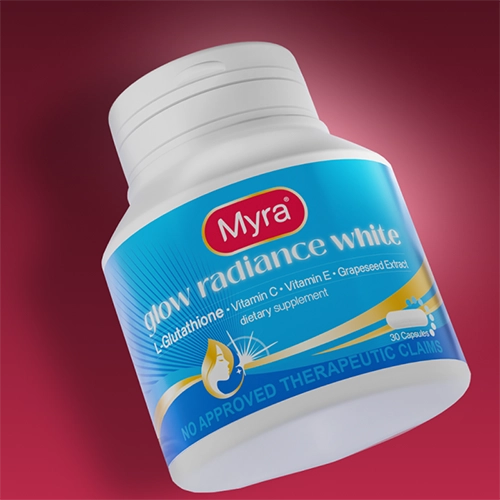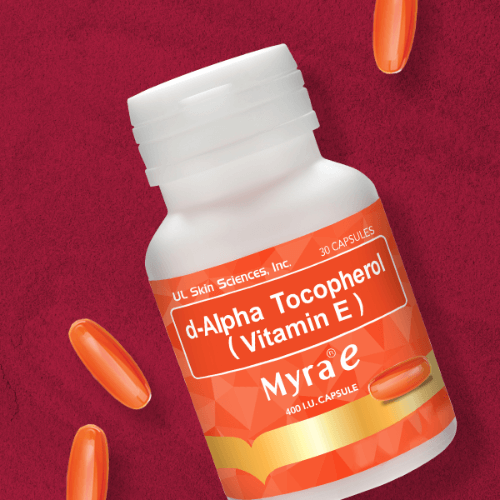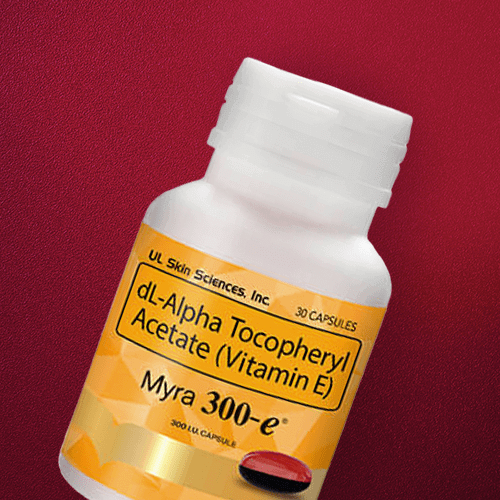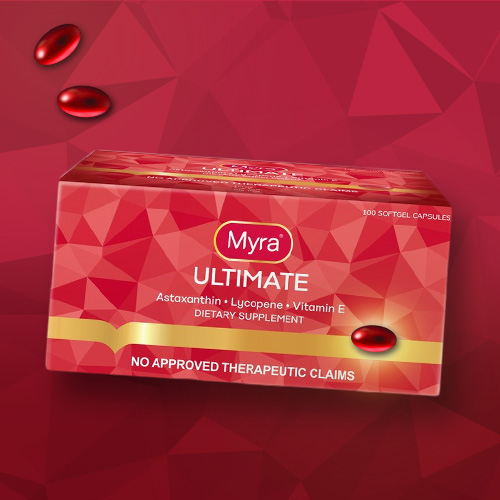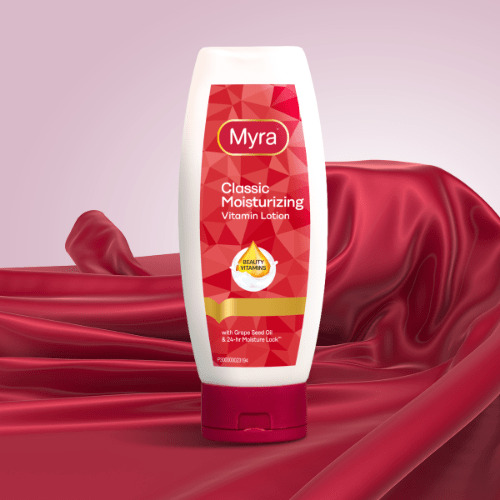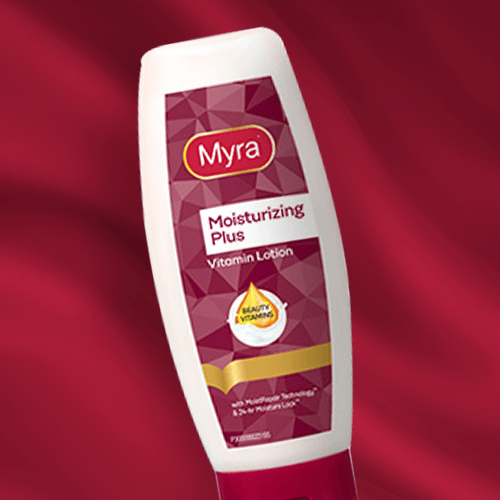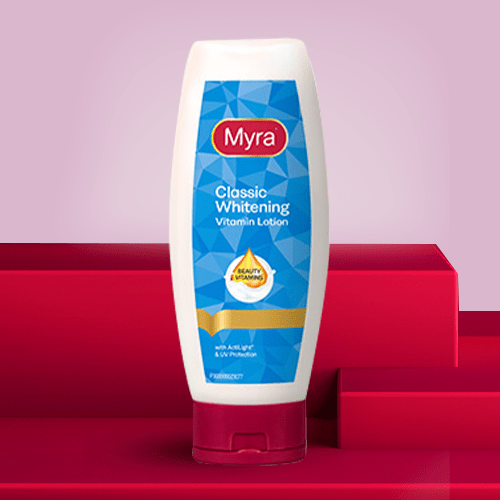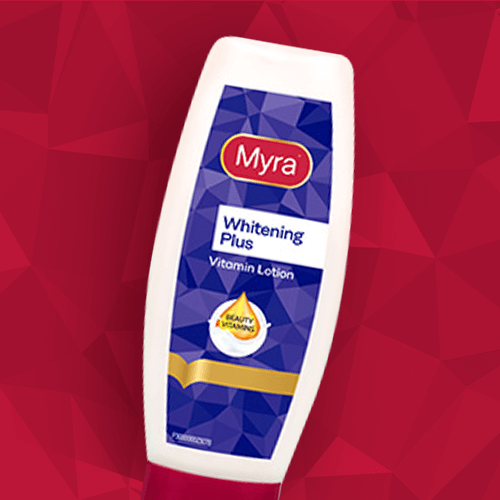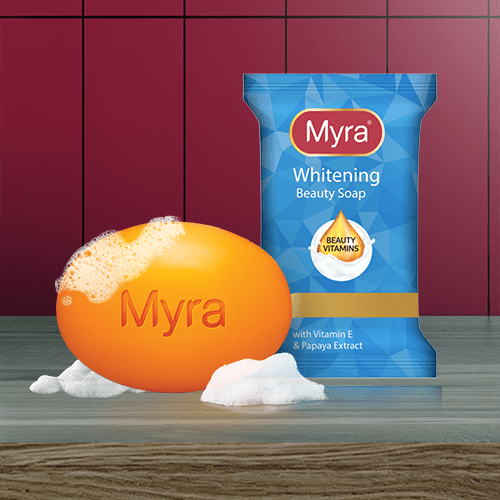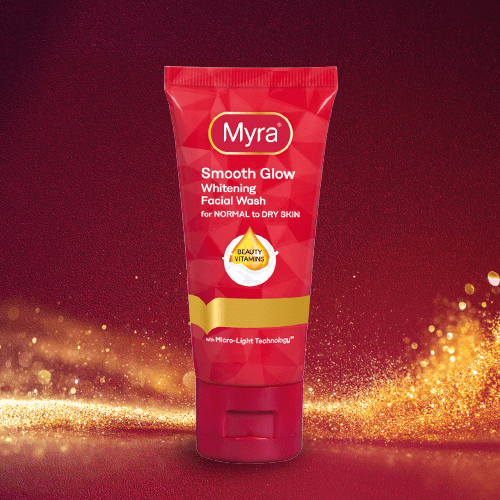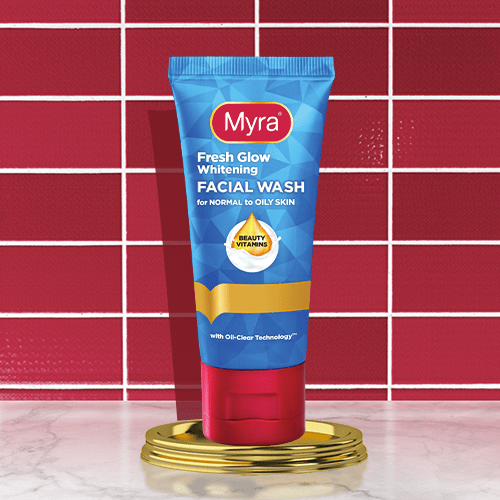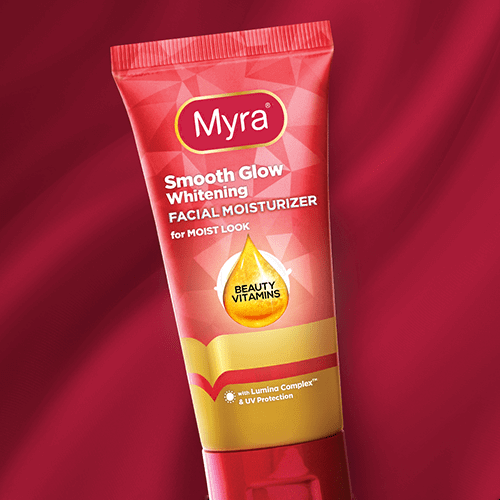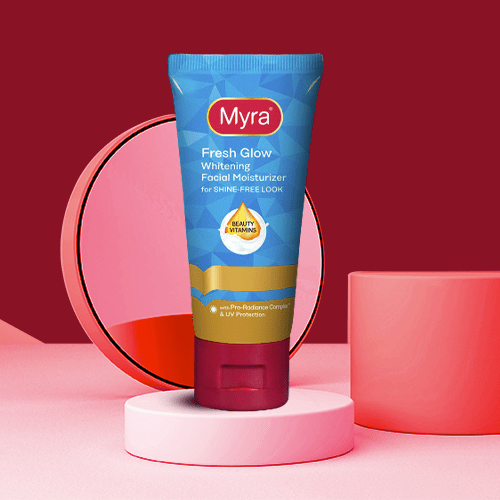Collagen and Vitamin E are two names you often hear in skincare. Whether you’re scrolling through beauty reels or browsing store aisles, they’re everywhere. So it’s normal to wonder, “Which one’s better?” The truth is, they can actually complement each other. Vitamin E doesn’t just help protect your skin; it also helps rev up your body’s natural collagen production (in combination with a healthy lifestyle).
Are you curious about how Vitamin E (along with proper diet and regular exercise) does this? Here’s a breakdown of how this skin duo works together.
Vitamin E for Collagen
Here’s how Vitamin E helps your body produce more collagen and lock it in (along with proper diet and regular exercise).
Improves Blood Blow for Collagen Production
Your skin relies on special cells called fibroblasts to produce collagen. But like any hardworking cell, fibroblasts need a steady supply of oxygen and nutrients to do their job well. That’s where Vitamin E comes in.
Vitamin E helps improve blood circulation, allowing more oxygen and nutrients to be delivered to your skin. With improved blood flow, fibroblasts receive the necessary fuel to remain active and productive.
Helps Prevents Collagen Breakdown
Your skin faces numerous daily stresses, including sun exposure, air pollution, blue light from screens, and emotional stress. These factors generate harmful and unstable molecules called free radicals, which attack your skin cells. This damage breaks down the collagen that supports your skin’s structure, leading to fine lines, wrinkles, and sagging over time.
Known for its powerful antioxidant properties, Vitamin E helps neutralize free radicals before they cause severe damage. It acts like a shield, protecting your skin’s collagen fibers from premature breakdown.
Helps Reduce Inflammation
Chronic inflammation in the skin, caused by factors like UV exposure or irritation, damages collagen and impairs its production. Vitamin E exhibits anti-inflammatory properties that help calm the skin and reduce swelling. By minimizing inflammation, Vitamin E indirectly supports collagen production.
Activates Genes That Make Collagen
Studies show that in an advanced form called tocotrienols (TRF), Vitamin E can help your skin make more collagen. How? By helping to “switch on” the genes in your skin that are responsible for producing collagen.
These genes, known as COL I and COL III, create the two main types of collagen. When Vitamin E activates these genes, your skin naturally begins to produce collagen at a faster rate and in greater amounts.
Regulate Collagen-breaking Enzymes
Inside your skin, there are enzymes called matrix metalloproteinases (MMPs) that act like tiny scissors while cutting collagen fibers. Consequently, when these enzymes become too active, they break down collagen more rapidly than the body can replace, leading to a loss of firmness.
Vitamin E helps regulate these enzymes. By slowing down the activity of MMPs, Vitamin E helps prevent excessive collagen breakdown. By doing this, vitamin E helps your skin maintain its natural strength.
Unlock Collagen Benefits: Keep these Things in Mind!
Vitamin E is a good partner when it comes to boosting collagen, but it’s not a miracle worker on its own. While your body can produce some collagen naturally, the production of collagen slows down as you age.
Caring for your skin requires consistency and mindfulness. That is why combining a balanced diet, skincare, and healthy lifestyle choices, when needed, is essential. So, to give your skin the best chance at staying firm, keep these simple tips in mind:
- Oral Vitamin E Helps Protect Against UV Rays
Paired with a proper diet and regular exercise, a Vitamin E ingestible like d-Alpha Tocopherol (Myra E) helps protect the skin from sun-related damage. As an antioxidant, it aids in neutralizing harmful free radicals, reducing inflammation, and even lowering skin cancer risk. It may also lessen UV-induced redness. - Stay Hydrated
Water is essential for keeping your skin plump and healthy. Proper hydration helps maintain the skin’s moisture barrier, which protects collagen fibers and supports their function. Aim to drink at least 8 glasses of water a day and consider eating water-rich fruits and vegetables like cucumbers, watermelon, and oranges. - Get Enough Quality Sleep
Sleep is when your body does most of its repair work, including healing damaged skin cells and producing new collagen. During deep sleep, growth hormones are released that encourage collagen synthesis and skin regeneration. Try to get 7 to 9 hours of restful sleep each night and maintain a consistent sleep schedule. - Avoid Excessive Stress
Chronic stress triggers the release of cortisol, a hormone that can break down collagen and interfere with your skin’s ability to repair itself. Managing stress through hobbies or relaxation techniques can support healthier skin and better collagen levels. - Consider Supplementation
Taking Vitamin E supplement (with proper diet and regular exercise) can help provide your skin with the nutrients it needs to maintain adequate collagen levels. This step isn’t about replacing a healthy lifestyle but rather enhancing it. Think of supplements as an extra layer of protection, working internally to support your skin’s natural strength.
While surface skin products are essential for immediate cleansing and hydration needs, d-Alpha Tocopherol (Myra E) works on a deeper, cellular level. It has the following benefits (along with proper diet and regular exercise):
- Helps boost collagen production.
- Helps renew skin cells.
- Help reduce the risk of a vitamin E deficiency
- Helps boost immunity by increasing resistance against sickness.
Suggested use of d-Alpha Tocopherol (Myra E) is one (1) capsule orally once a day, or as directed by a physician. d-Alpha Tocopherol (Myra E) is available online and in leading drugstores and supermarkets nationwide.
If symptoms persist, consult a doctor.
ASC No. U0158P102425M
References:
https://www.sciencedirect.com/science/article/abs/pii/S0022316623149674
https://pubmed.ncbi.nlm.nih.gov/21175176/
https://pubmed.ncbi.nlm.nih.gov/1333311/
https://pmc.ncbi.nlm.nih.gov/articles/PMC3156342/
https://pmc.ncbi.nlm.nih.gov/articles/PMC3258810/
https://pubmed.ncbi.nlm.nih.gov/1333311/
https://health.clevelandclinic.org/vitamin-e-for-skin-health
https://ods.od.nih.gov/factsheets/VitaminE-HealthProfessional/
https://lpi.oregonstate.edu/mic/health-disease/skin-health/vitamin-E


